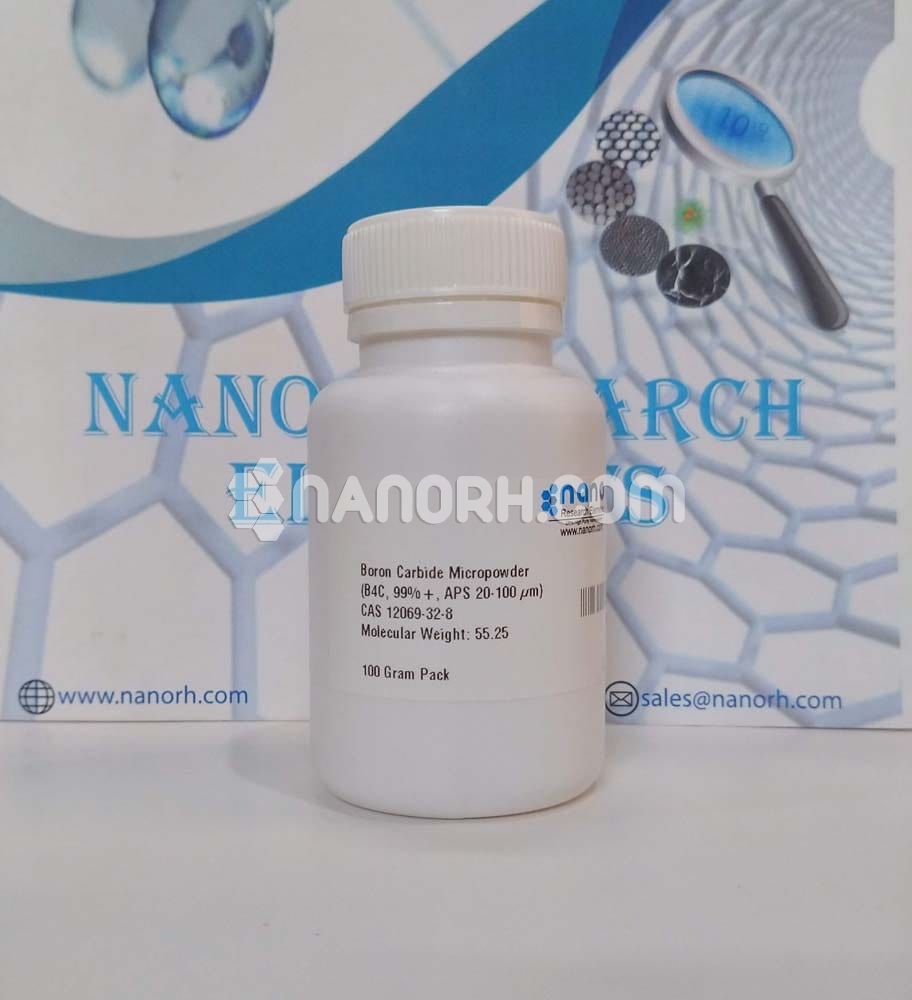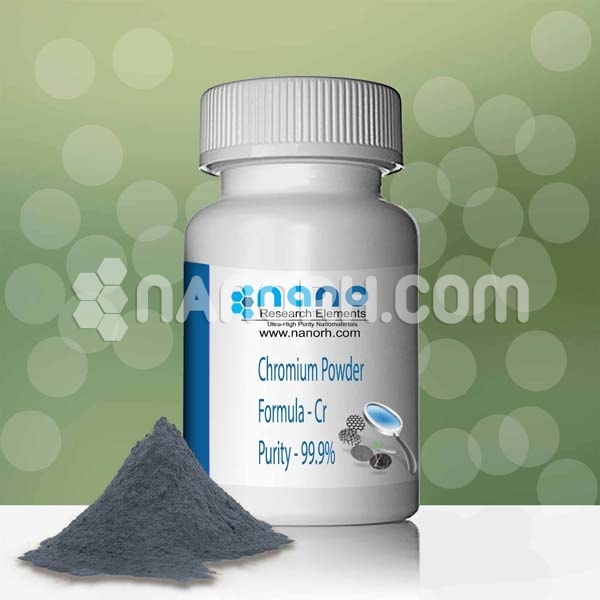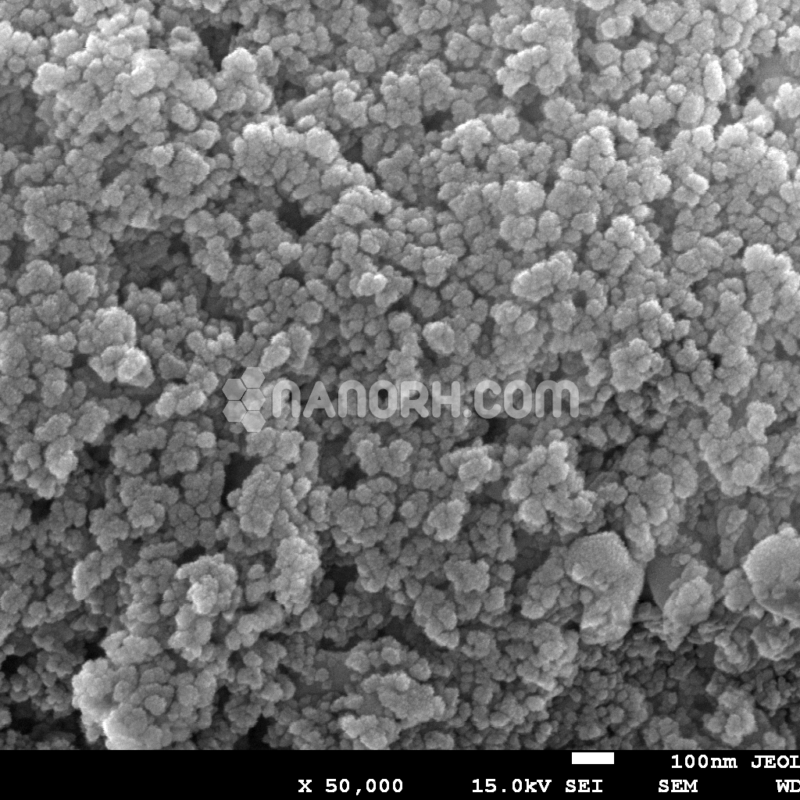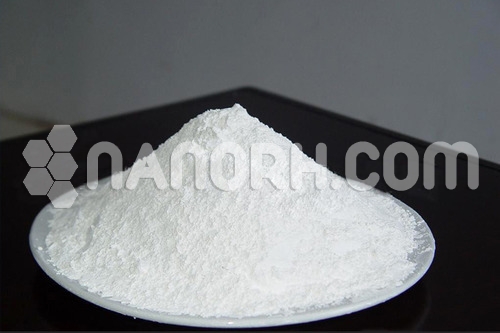| Boron Carbide Powder | |
| Product No | NRE-11035 |
| CAS No. | 12069-32-8 |
| Formula | B4C |
| Molecular Weight | 55.255 g/mol |
| APS | 1-3um(can be customized) |
| Purity | 99.9% |
| Density | 2.52 g/cm3 |
| Color | Grey |
| Melting Point | 2350 °C |
| Boiling Point | 3500 °C |
Boron Carbide Powder
Boron carbide powder is a compound that is known for its exceptional hardness and low density. It has several unique properties that make it valuable in various industrial and commercial applications. Some of the notable applications of boron carbide powder include:
Abrasive Material: Due to its exceptional hardness, boron carbide powder is widely used as an abrasive in processes such as grinding, lapping, and polishing. It is commonly used in the manufacturing of abrasive coatings, abrasive blasting nozzles, and abrasive pastes.
Armor and Personal Protection: Boron carbide is renowned for its high hardness and low density, making it an excellent material for producing body armor, vehicle armor, and other ballistic protection applications. It is often used in the form of ceramic plates in military and defense equipment.
Nuclear Applications: Boron carbide is used in the nuclear industry for various purposes, including shielding materials and control rods in nuclear reactors. Its ability to absorb neutrons makes it a valuable component in nuclear engineering.
Refractory Material: It is used in the production of refractory materials, which can withstand high temperatures and harsh environments. Boron carbide’s high melting point and thermal stability make it a suitable material for use in furnace linings and other high-temperature applications.
Abrasion Resistance Coatings: Boron carbide powder is utilized in the production of wear-resistant coatings for industrial equipment, tools, and machinery. These coatings help to improve the durability and lifespan of various components, particularly in high-stress environments.
Nozzles and Seals: Boron carbide is used in the manufacturing of nozzles and seals due to its excellent wear resistance and chemical inertness. These components find applications in industries such as aerospace, automotive, and manufacturing, where they are subjected to high pressures and abrasive environments.
Cutting Tools: Boron carbide is used to make cutting tools such as saw blades, drill bits, and cutting tips. Its high hardness and wear resistance make it a suitable material for machining and cutting applications, especially for materials that are difficult to machine.
Electronics: Boron carbide is employed in the electronics industry for its semiconducting properties. It is used in the production of components such as diodes and resistors, where its high thermal conductivity and resistance to chemical degradation are advantageous.




